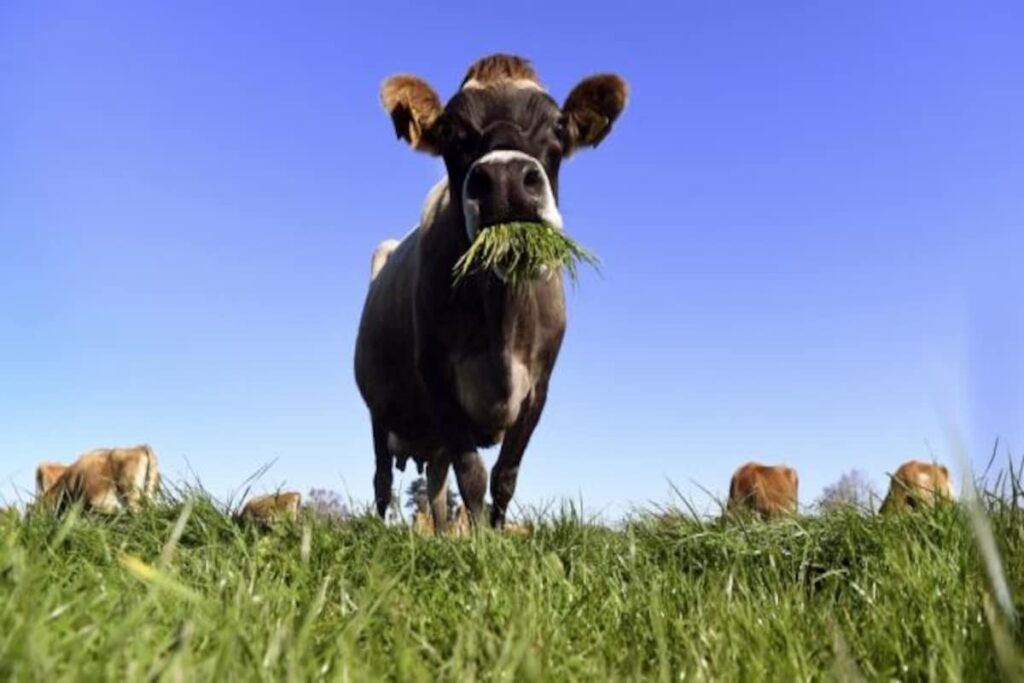The left wing government of Jacinda Ardern has unveiled plans to charge livestock a ‘burping tax’ in a bid to tackle climate change and save the world.
New Zealand which has more cows and sheep than people combined, released a draft plan on Wednesday, to put a tax on its belching sheep and cattle in an effort to contain ‘greenhouse gas emissions’
No this is not satire!
The Ministry for Environmenternment announced that the proposal would make New Zealand the first country to have farmers pay for gas emissions from their livestock. The draft proposal is due to be finalised by December and expected to come into effect by 2025.
The tax will most likely see an increase to the cost of lamb and beef and dairy.
The Hindustan Times reports: New Zealand, home to 5 million people, has about 10 million cattle and 26 million sheep.
Nearly half its total greenhouse gas emissions come from agriculture, mainly methane, but agricultural emissions have previously been exempted from the country’s emissions trading scheme, drawing criticism of the government’s commitment to stop global warming.
Under the draft plan, put together by government and farm community representatives, farmers will have to pay for their gas emissions from 2025. Short-and long-lived farm gas will be priced separately, although a single measure to calculate their volume will be used.
“There is no question that we need to cut the amount of methane we are putting into the atmosphere, and an effective emissions pricing system for agriculture will play a key part in how we achieve that,” Climate Change Minister James Shaw said.
The proposal includes incentives for farmers who reduce emissions through feed additives, while on-farm forestry can be used to offset emissions. Revenue from the scheme will be invested in research, development and advisory services for farmers.
“Our recommendations enable sustainable food and fibre production for future generations while playing a fair part in meeting our country’s climate commitments,” said Michael Ahie, chair of the primary sector partnership, He Waka Eke Noa.

